Anti-Diarrhoeal Bolus for Horses: Comprehensive Guide to Effective Diarrhoea Treatment
Diarrhoea in horses is a common but serious condition that can quickly lead to dehydration and other complications. For equine practitioners, using the right treatment is crucial in managing the symptoms and preventing further health risks. One such treatment is Anti-Diarrhoeal Bolus for Horses, which provides effective relief from diarrhoea and its associated issues. This blog will delve into the use of this product, its indications, proper administration, safety guidelines, and much more.
What is Anti-Diarrhoeal Bolus for Horses?
Anti-Diarrhoeal Bolus for Horses is a veterinary medication designed to treat and manage acute or chronic diarrhoea in horses. This bolus is formulated to help restore balance in the gastrointestinal (GI) tract, reduce inflammation, and alleviate the discomfort associated with diarrhoea. It contains a blend of active ingredients that work synergistically to address the root causes of diarrhoea while promoting gut health.
Indications for Use
Anti-Diarrhoeal Bolus is primarily indicated for the treatment of diarrhoea in horses, but its application can vary depending on the cause of the diarrhoea. Common conditions that this bolus can help manage include:
- Infectious Diarrhoea:
- Caused by viral or bacterial infections such as Salmonella or Rotavirus.
- The bolus can help by alleviating symptoms and preventing further complications.
- Dietary-Induced Diarrhoea:
- Occurs when horses ingest inappropriate food, such as spoiled hay or sudden changes in their diet.
- The bolus helps control symptoms while the horse’s digestive system returns to normal.
- Stress-Related Diarrhoea:
- Stress from travel, new environments, or competition can lead to diarrhoea in horses.
- Anti-Diarrhoeal Bolus can manage the symptoms while supporting recovery.
- Colitis and Inflammatory Bowel Disease (IBD):
- Chronic diarrhoea due to inflammation in the bowel is often managed with anti-diarrhoeal medications like this bolus.
- It helps control inflammation and balance gut motility.
- Toxin-Induced Diarrhoea:
- Diarrhoea caused by toxins, whether from contaminated food or environmental sources, is another case where Anti-Diarrhoeal Bolus is effective.
- The bolus helps to manage symptoms and assist in the detoxification process.
Key Ingredients and How They Work
Anti-Diarrhoeal Bolus contains a combination of active ingredients designed to target the multiple causes of diarrhoea in horses. These typically include:
- Kaolin: A clay mineral that adsorbs toxins and harmful bacteria in the gastrointestinal tract, providing immediate relief from diarrhoea.
- Pectin: A natural substance that forms a gel-like layer over the intestinal mucosa, providing a protective barrier and reducing fluid loss.
- Bismuth Subsalicylate: Known for its anti-inflammatory and antidiarrheal properties, it reduces the activity of the GI tract and helps soothe the digestive system.
- Activated Charcoal: Absorbs toxins, chemicals, and bacteria, which could otherwise worsen the diarrhoea.
These ingredients work together to:
- Decrease the frequency and severity of diarrhoea.
- Restore the gut’s normal function and balance.
Administration and Dosage Protocol for Anti-Diarrhoeal Bolus in Equines
Administering Anti-Diarrhoeal Bolus for Horses requires attention to the horse’s weight, age, and the severity of the diarrhoea. Proper dosage and administration are crucial to ensure effective treatment while minimizing risks of side effects.
1. General Dosage Guidelines
The typical recommended dosage for Anti-Diarrhoeal Bolus is 1 bolus per 500 kg (1100 lbs) of body weight, but this may vary based on the specific product and the veterinarian’s advice. The bolus should be administered orally.
The horse should be observed for any signs of improvement or side effects after the first few doses.
2. Administration Method
- Oral Administration: Most bolus products come in solid form, which should be administered directly into the horse’s mouth or mixed with feed.
- For larger horses: You may use a balling gun or other specialized equine tools to deliver the bolus effectively.
- For smaller or younger horses: It may be easier to administer the bolus manually or mix it with a small amount of feed.
- Water Solubility: Some boluses are soluble in water and may need to be mixed before administration. Always follow the manufacturer’s instructions.
3. Frequency of Administration
- Acute Diarrhoea: If your horse is suffering from sudden onset diarrhoea, the bolus can be given every 8-12 hours until symptoms improve, but not exceeding 3 doses per day.
- Chronic Diarrhoea: For longer-term cases, administer one bolus every 12 hours. Reduce the frequency gradually as the horse’s condition improves.
- Foals and Younger Horses: For foals or younger horses, the dose should be reduced accordingly, and consultation with a veterinarian is highly recommended.
4. Duration of Treatment
- The bolus should only be used for a short duration (usually up to 5 days).
- After 5 days, if the horse’s diarrhoea persists, it’s essential to seek veterinary advice to rule out underlying causes such as infections or chronic conditions.
Dosage for Anti-Diarrhoeal Bolus for Horses
| Horse Weight | Dosage (Boluses) | Frequency of Administration | Duration of Treatment | Maximum Doses per Day |
| Up to 500 kg (1100 lbs) | 1 bolus | Every 8-12 hours | Up to 5 days | 3 doses/day |
| 501 – 1000 kg (1100 – 2200 lbs) | 2 boluses | Every 8-12 hours | Up to 5 days | 3 doses/day |
| 1001 – 1500 kg (2200 – 3300 lbs) | 3 boluses | Every 8-12 hours | Up to 5 days | 3 doses/day |
| Foals (under 6 months) | Consult Vet | Consult Vet | Consult Vet | Consult Vet |
| Chronic Diarrhoea | 1 bolus every 12 hours | Adjust based on condition | Gradual reduction based on improvement | 2 doses/day |
Additional Notes on Dosage
- Monitor the Horse’s Response: After the first dose, monitor the horse for any signs of improvement or adverse reactions. If diarrhoea persists or worsens, discontinue use and seek veterinary care.
- Avoid Overdosing: Too many boluses can lead to constipation, dehydration, or other gastrointestinal issues. Stick to the recommended dosage and frequency.
Risk Factors and Safety Recommendations
While Anti-Diarrhoeal Bolus is generally safe for horses, there are several precautions and considerations:
- Pre-existing Conditions: If the horse has a history of gastrointestinal ulcers, dehydration, or other digestive issues, consult a veterinarian before using the bolus.
- Toxicity: Overuse of this medication could lead to constipation or other digestive issues, so always follow the recommended dosage.
- Interactions with Other Medications: Always inform your veterinarian of any other medications your horse is taking, especially other GI drugs or antibiotics.
- Pregnant or Lactating Horses: Use with caution in pregnant or lactating mares, as the effects on reproductive health may be unclear.
Adverse Reactions and Side Effects
While Anti-Diarrhoeal Bolus is usually well tolerated, some horses may experience side effects, which include:
- Constipation: Due to the binding nature of some of the ingredients, prolonged use can lead to constipation.
- Loss of Appetite: Some horses may show a decreased appetite while on the medication.
- Abdominal Distention: A rare but possible side effect from prolonged use of the bolus.
In the case of any of these side effects, it’s essential to contact a veterinarian for guidance.
When to Seek Veterinary Assistance
While Anti-Diarrhoeal Bolus can manage many cases of diarrhoea in horses, there are situations where veterinary assistance is necessary:
- Severe Dehydration: Look for signs like sunken eyes, dry gums, or lethargy, which could indicate severe dehydration.
- Fever: If the horse develops a fever, this could signal an underlying infection that needs treatment.
Prevention of Diarrhoea in Horses
Preventing diarrhoea in horses can help reduce the need for medications like Anti-Diarrhoeal Bolus. Some preventive measures include:
- Gradual Changes in Diet: Always introduce new foods slowly to avoid dietary-induced diarrhoea.
- Routine Deworming: Parasites can often be the cause of diarrhoea, so regular deworming is crucial.
- Minimize Stress: Stress can trigger diarrhoea in horses, so it’s important to provide a calm and familiar environment for your horse, especially during travel or competitions.
Scientific Research on Anti-Diarrhoeal Bolus for Horses
- Kaolin and Pectin:
Kaolin (clay) and pectin (plant-derived fiber) are key ingredients in anti-diarrhoeal treatments. Kaolin absorbs toxins and reduces fluid in the intestines, while pectin forms a protective gel. Research shows these ingredients help control diarrhoea by improving stool consistency and reducing gut inflammation. - Activated Charcoal:
Research by Nixon et al. (2014) demonstrated its effectiveness in reducing symptoms caused by bacterial infections like Salmonella and preventing the absorption of harmful substances. - Bismuth Subsalicylate:
This compound has anti-inflammatory properties and helps to reduce fluid secretion in the gut. Studies like Journal of Veterinary Internal Medicine (2012) found it useful for treating inflammatory and infectious diarrhoea. - Clinical Evidence:
Clinical studies have shown that Anti-Diarrhoeal Bolus significantly reduces the severity and duration of diarrhoea. A 2011 study by Bain et al. found that bolus treatment, along with fluid therapy, shortened recovery time in horses with viral diarrhoea. - Limitations:
While effective for symptom relief, bolus treatments may not address the underlying cause of infectious diarrhoea or chronic conditions like IBD. Tennyson et al. (2015) emphasized the need for additional treatments in cases of chronic diarrhoea.
Conclusion
Anti-Diarrhoeal Bolus for Horses provides an essential tool in managing diarrhoea in equines. With its combination of powerful ingredients and easy-to-administer format, it offers effective relief for horses suffering from this condition. However, it’s important to use the bolus responsibly, under the guidance of a veterinarian, and to monitor the horse closely for any adverse effects. By understanding the indications, proper use, and potential risks, horse owners and caretakers can ensure the health and comfort of their animals while treating diarrhoea effectively.







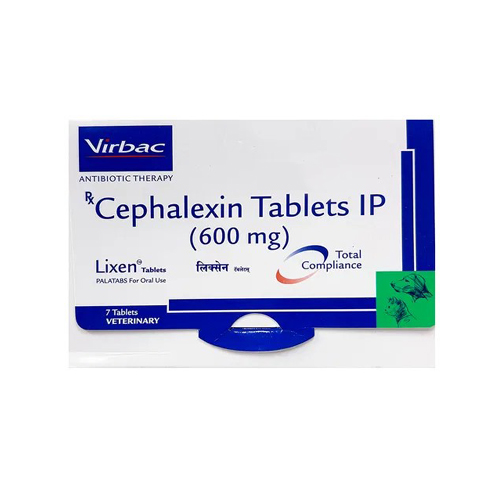
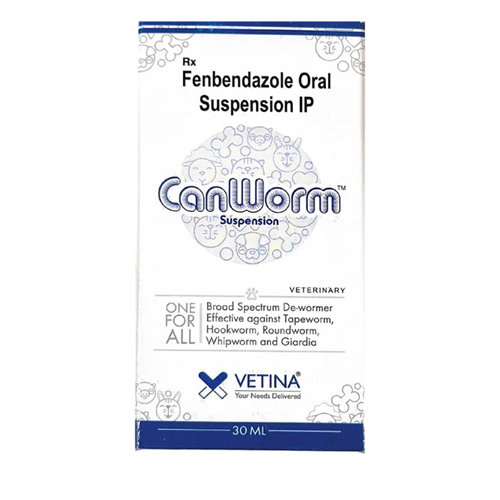



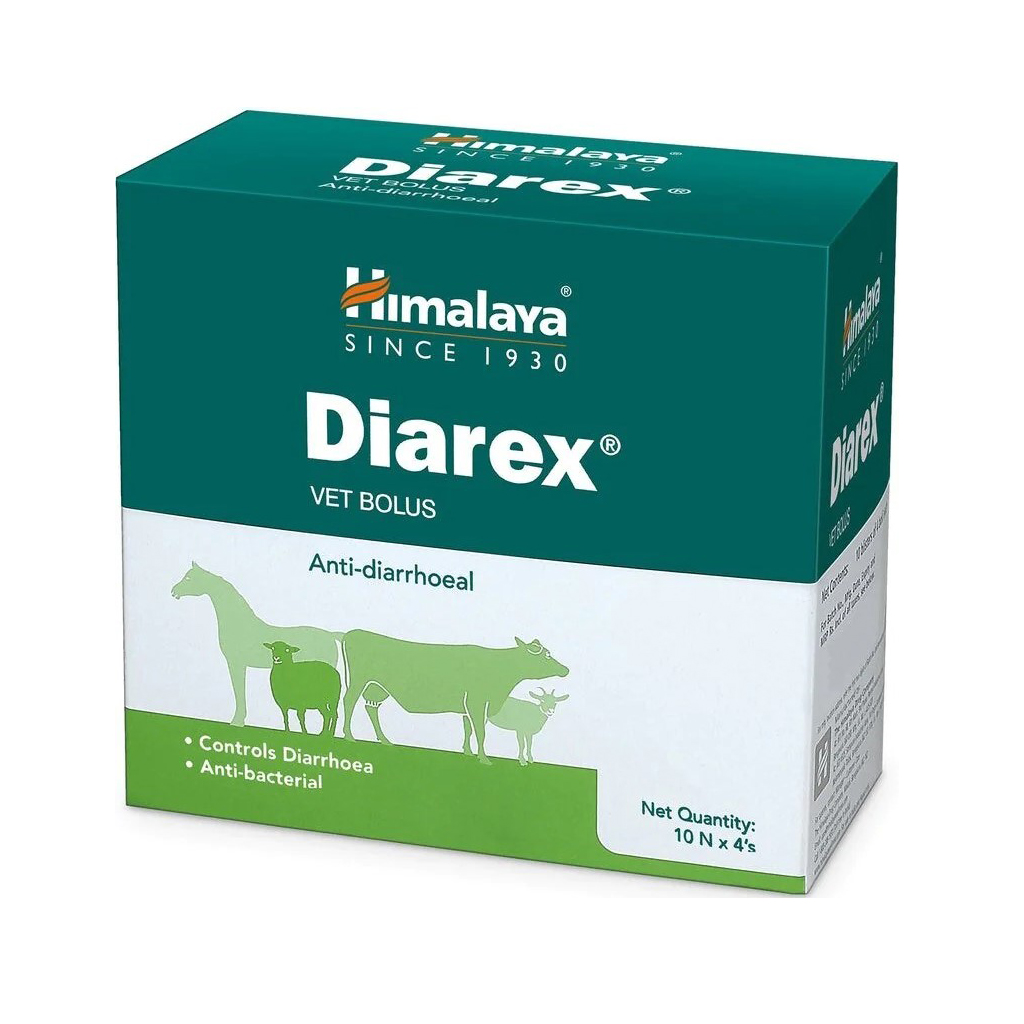
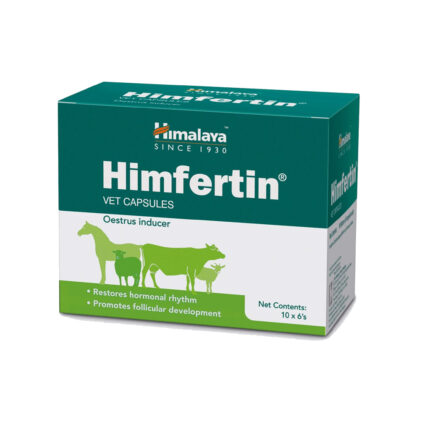
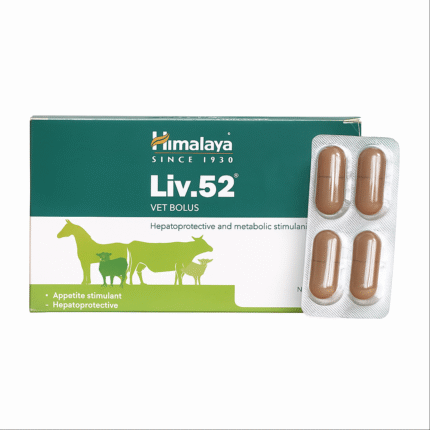
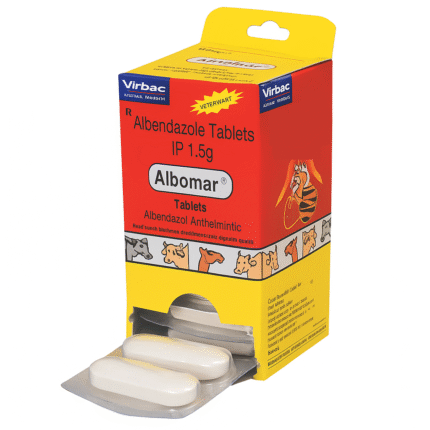
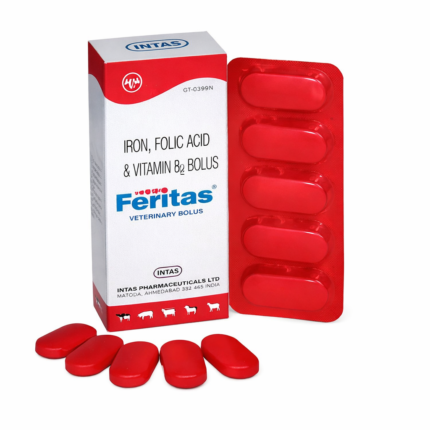
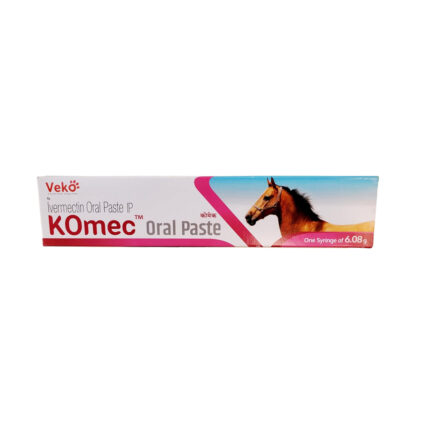
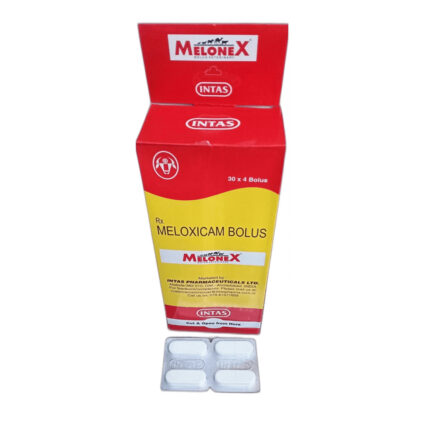
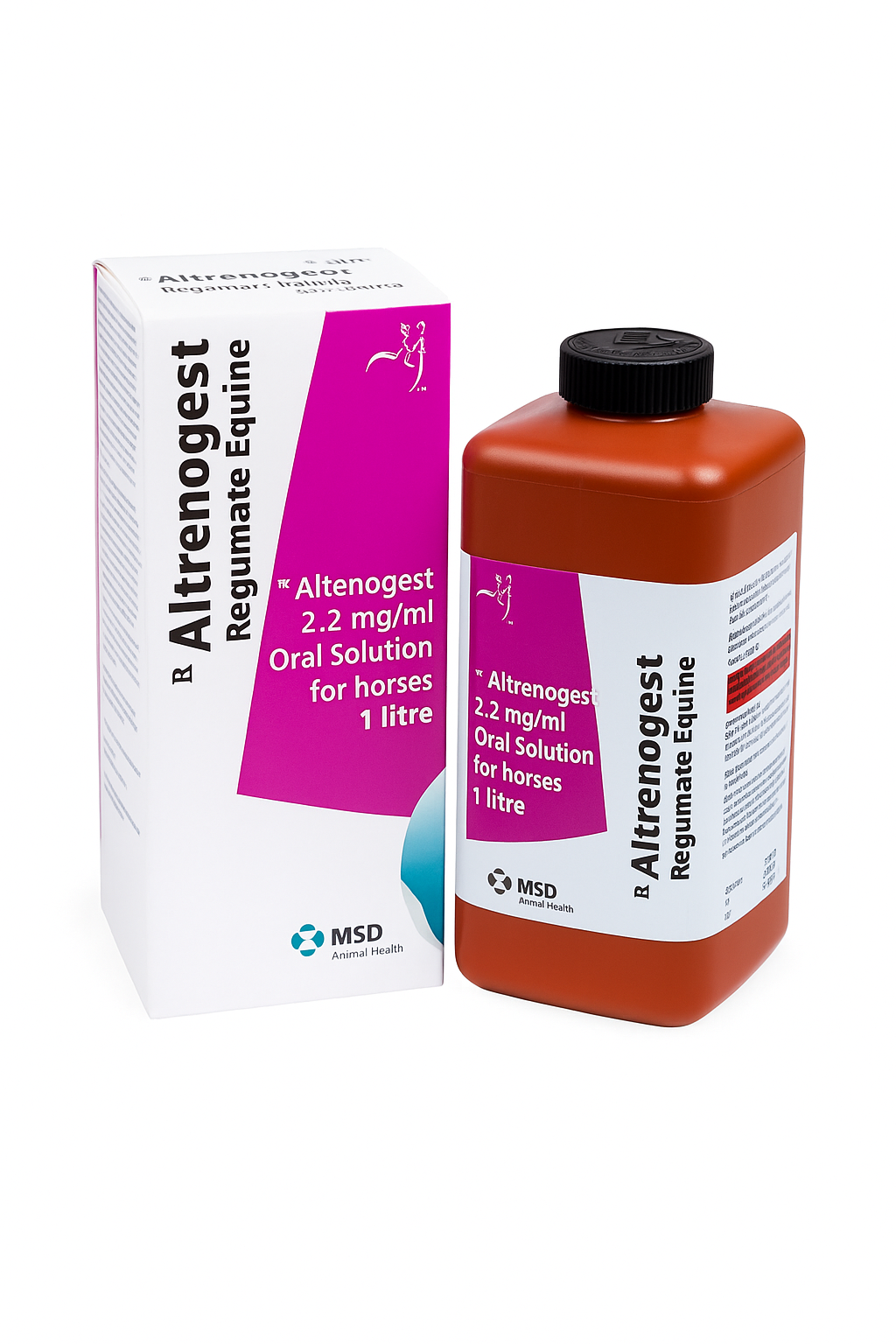
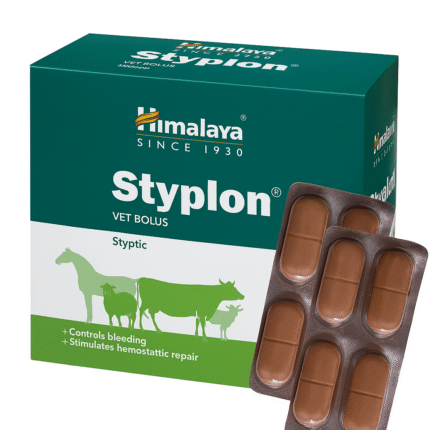
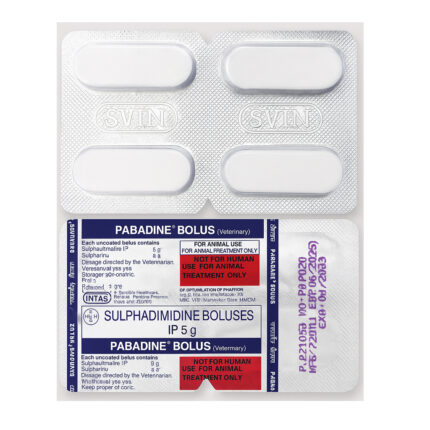
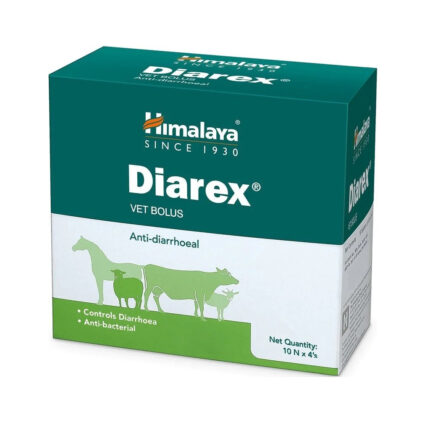
Reviews
There are no reviews yet.